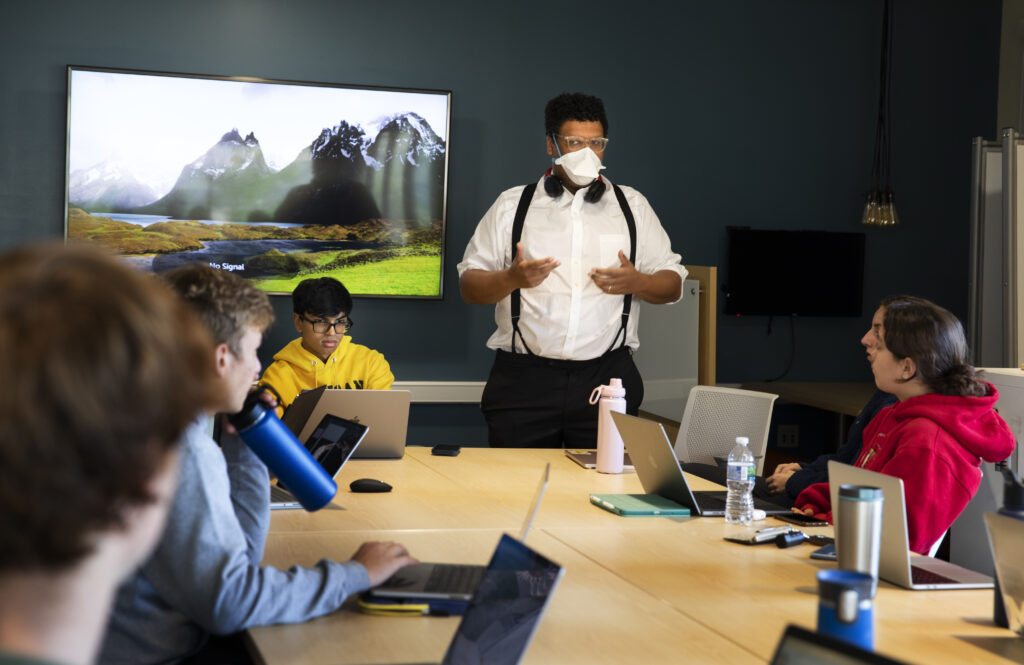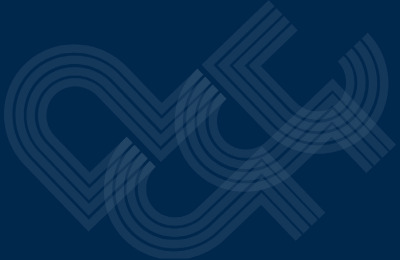
At left: Jesse Austin-Breneman, assistant professor of mechanical engineering, discusses designs for a mechanism to secure wheelchairs on buses in the Center for Socially Engaged Engineering & Design’s course titled Engineering for Social Impact: Making a Better World.
Working toward a more equitable world
At Michigan Engineering, the job of creating a more diverse, equitable, and inclusive community rests not within one organization or group of people, but with all of us.
Through our people-first framework, we are reimagining and reshaping what engineering can be – at Michigan and beyond – enabling all engineers to better understand their impact on the world and build a future that will elevate all people.
Inclusive Excellence in Engineering Education (IE3)
Michigan Engineering hosted the IE3 conference, September 29-Oct 1, 2024. The event included nearly 100 participants from 25 institutions. Learn more about IE3.


Teaching Equity-Centered Engineering: Development of a Comprehensive Approach to Teaching Equity
In October 2023, a team from the Teaching Engineering Equity Center shared their progress to date and provided insight into its approach. Watch the TEE Center presentation and learn more about the DEI Lectures series and previous presentations.

The team
Our equity-centered engineering education initiative is coordinated by the Office of the Associate Dean for Undergraduate Education, bringing together efforts from across the College.
The tools
We offer a variety of ways for faculty and instructors to engage with peers and grow their skills to best serve our global community.

The Teaching Engineering Equity Center is funded through the National Science Foundation’s Broadening Participation in Engineering Program, which aims to support the development of a diverse and prepared engineering workforce and build more inclusive and equitable academic experiences.
Michigan Engineering Strategic Vision
Our strategic plan anticipates the global, technological and educational changes ahead – positioning our institution to lead the evolution of 21st-century engineering. It’s supported by a people-first framework and brought to life through our three pillars of excellence: research, education and culture.
